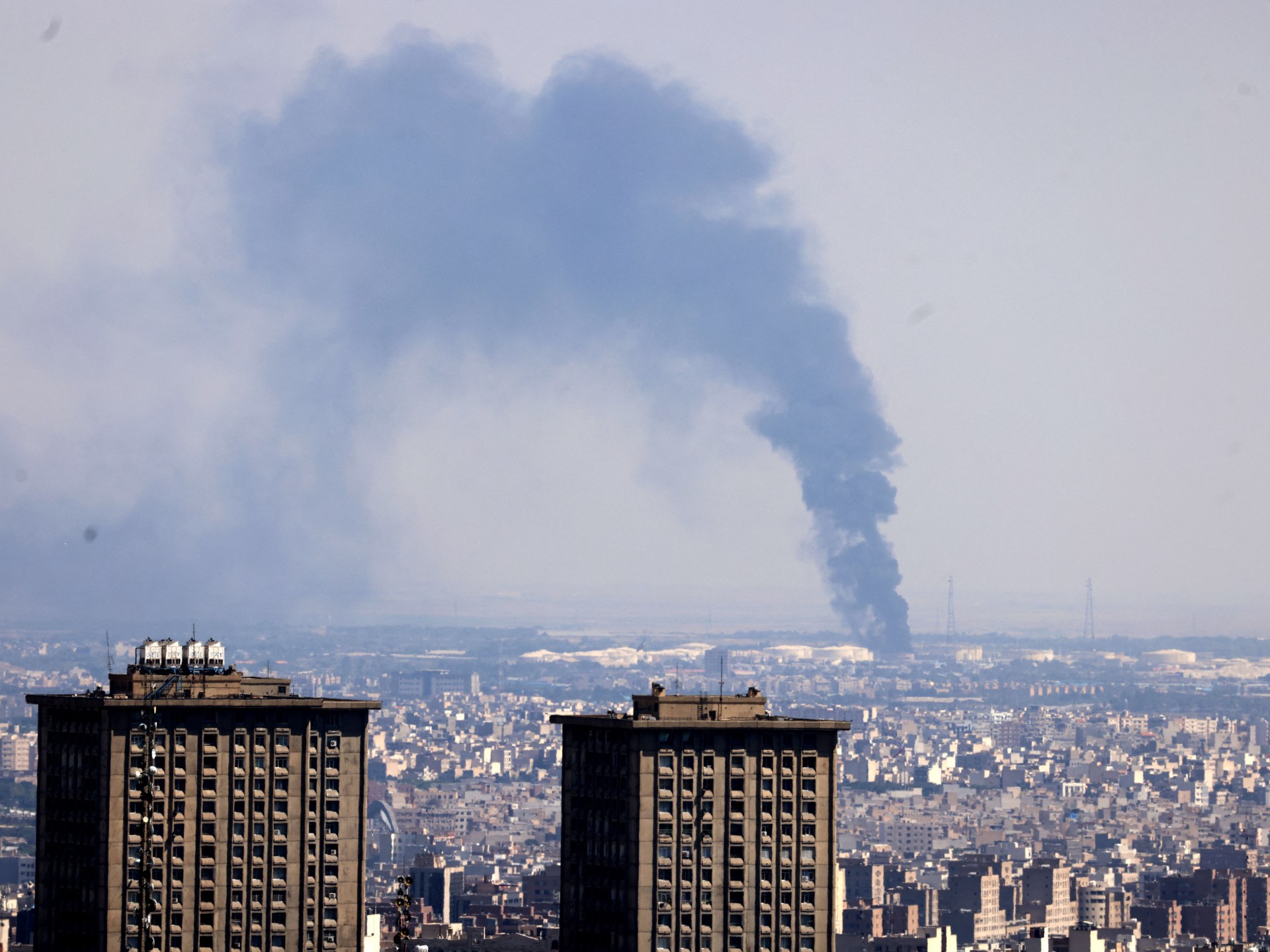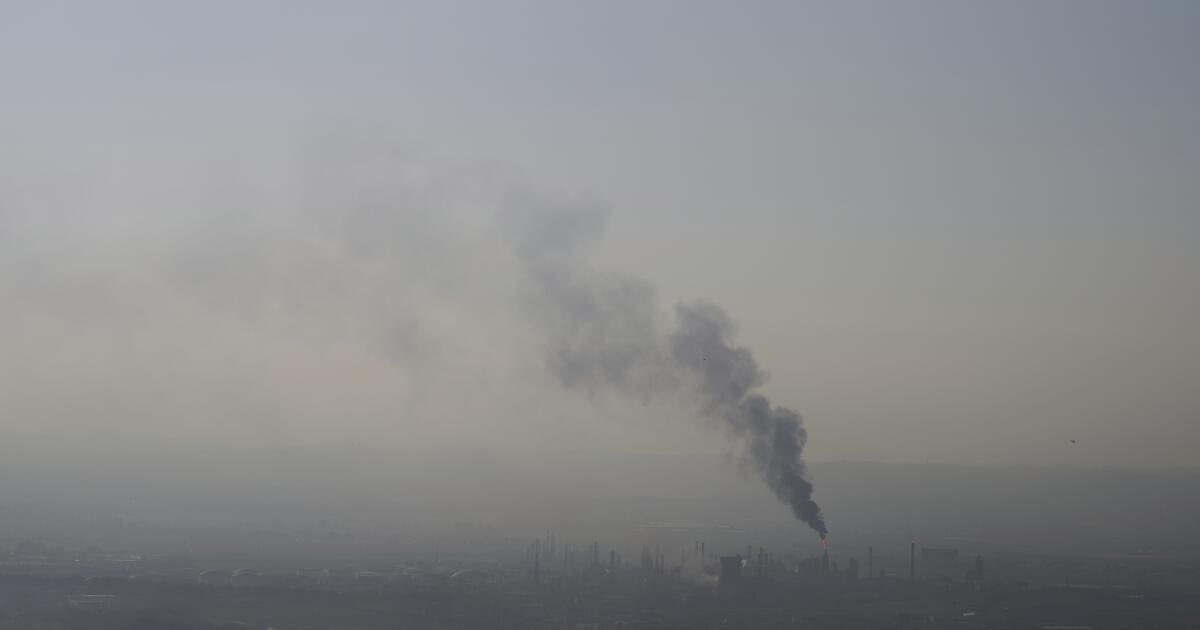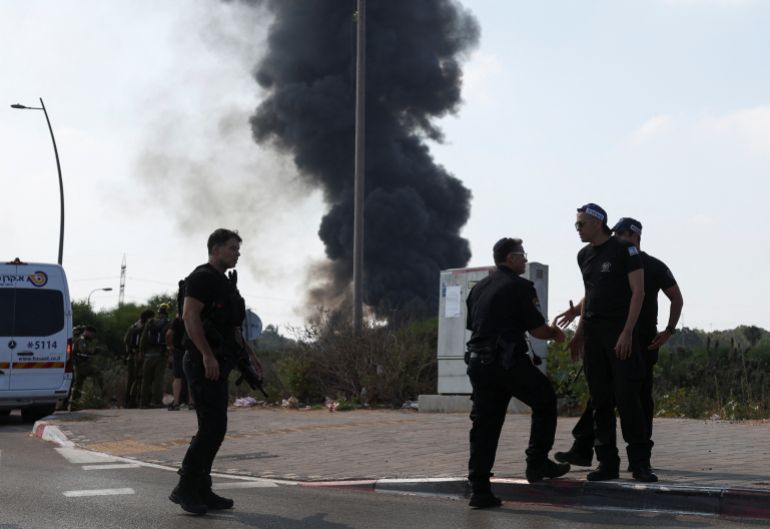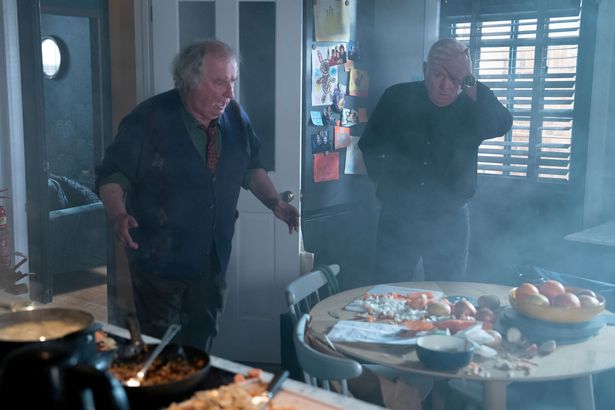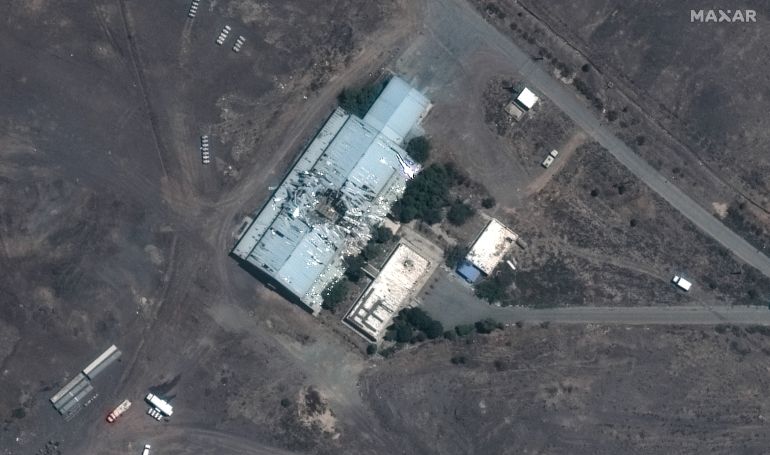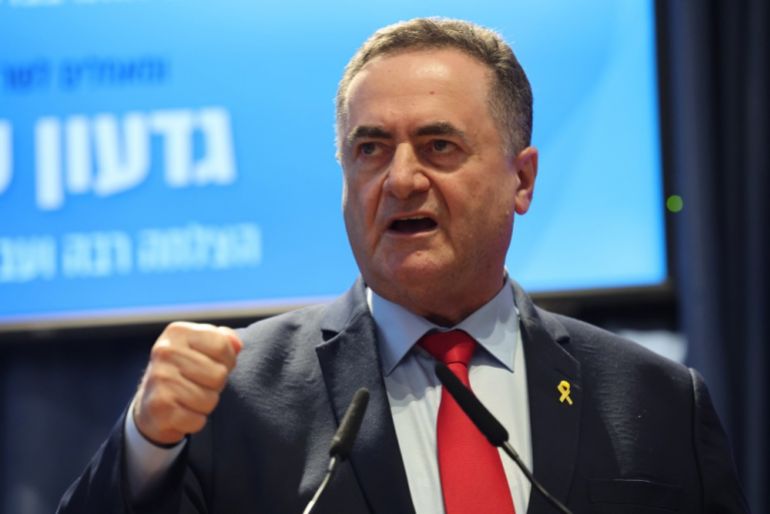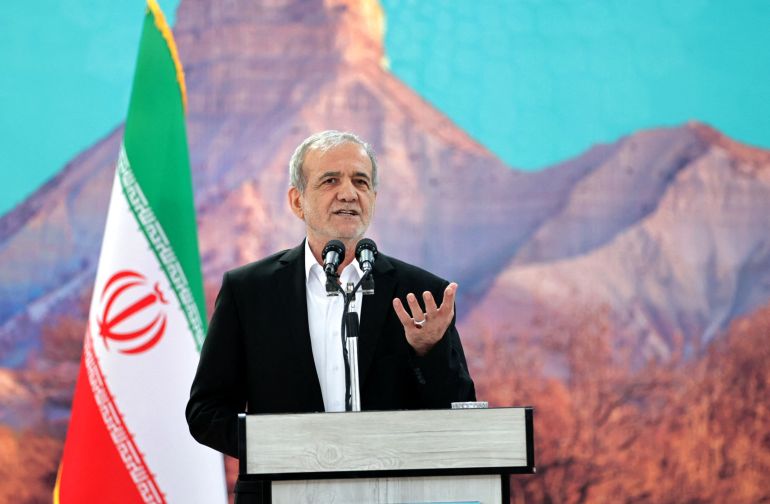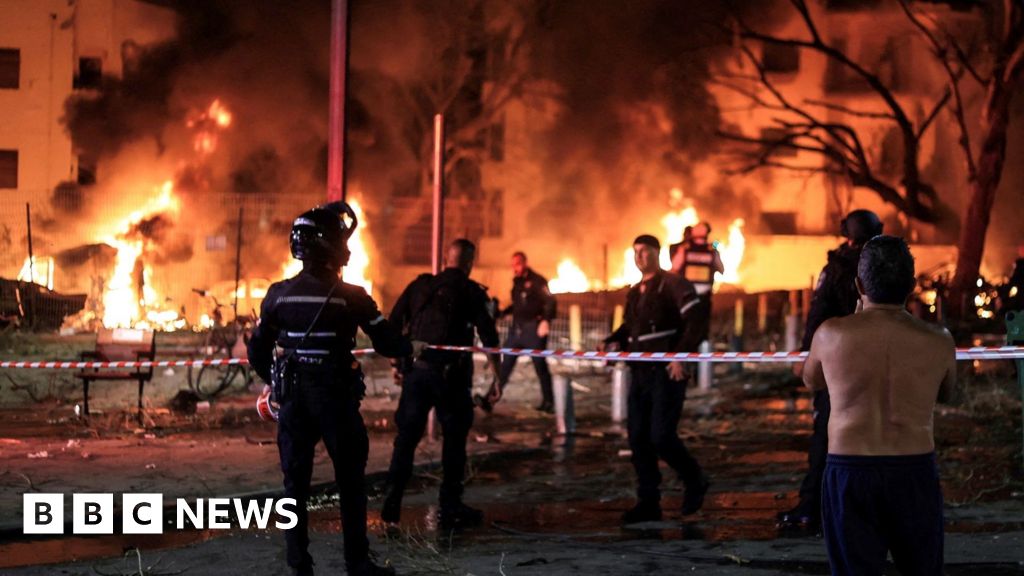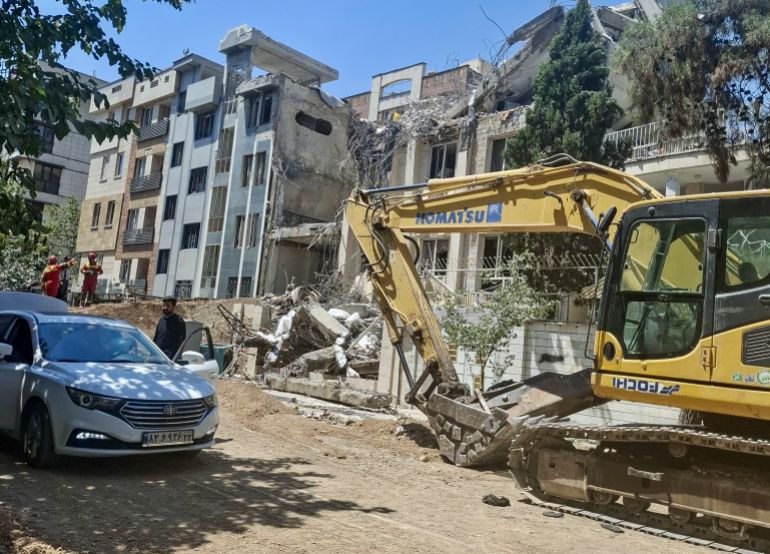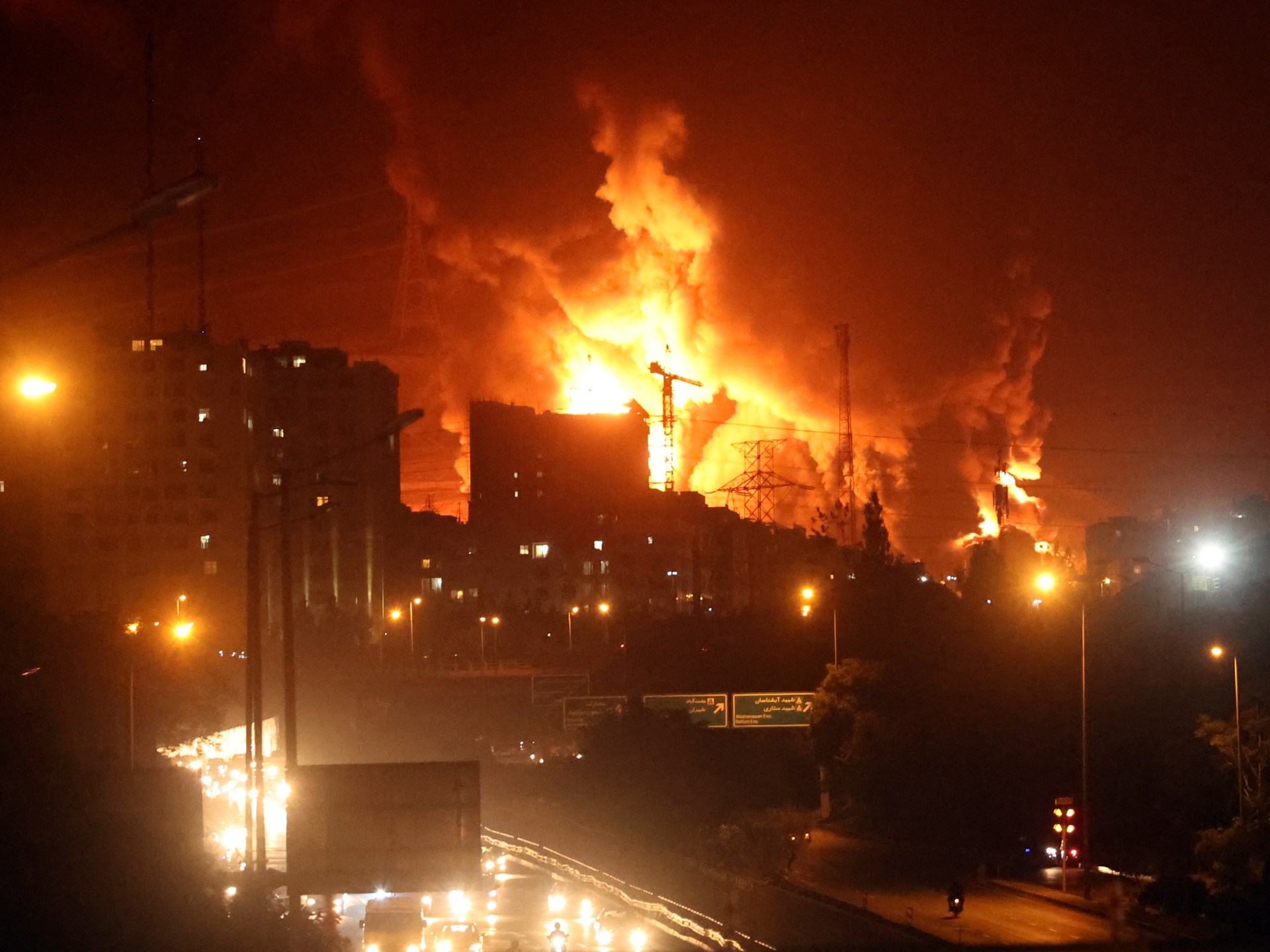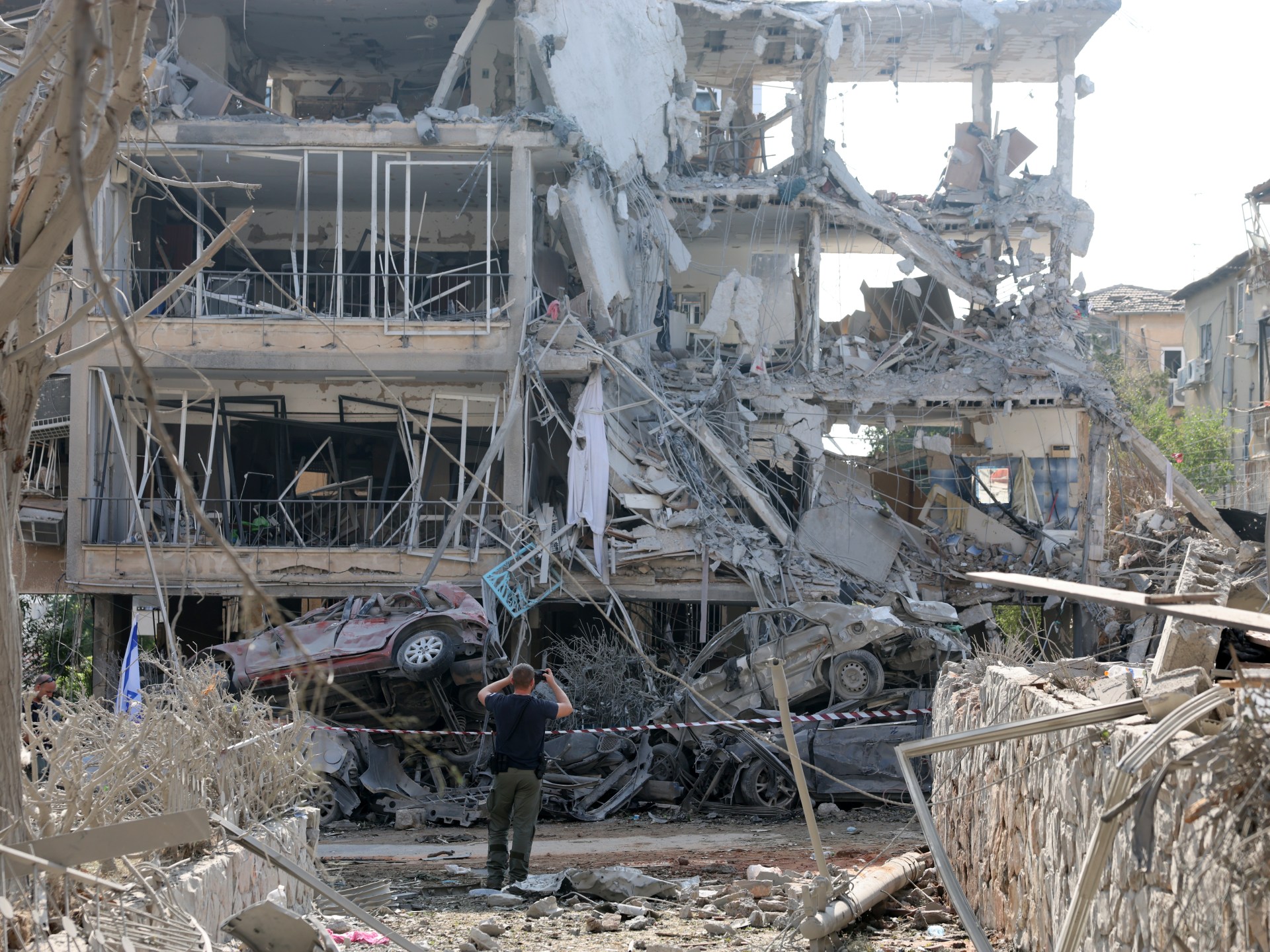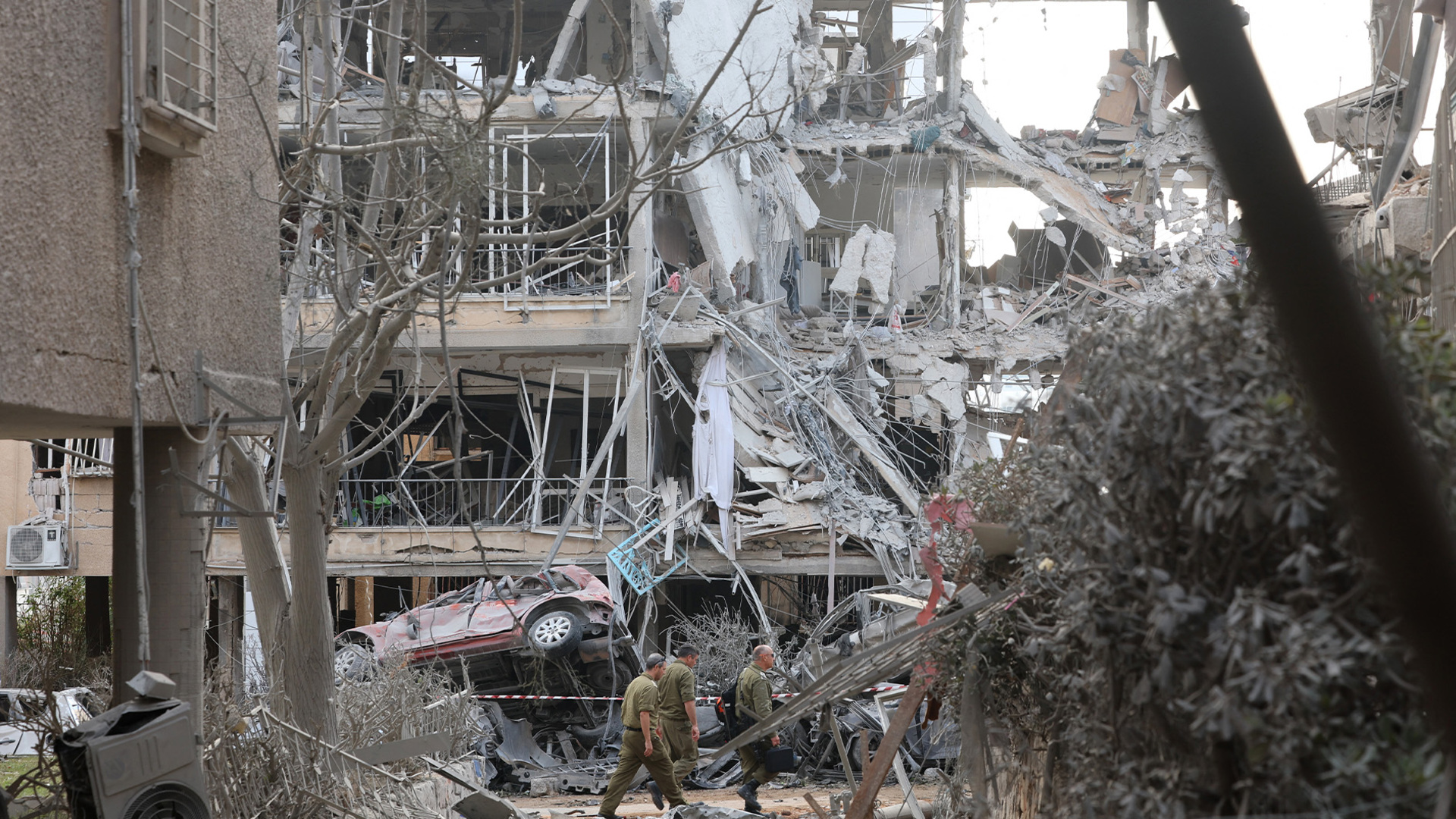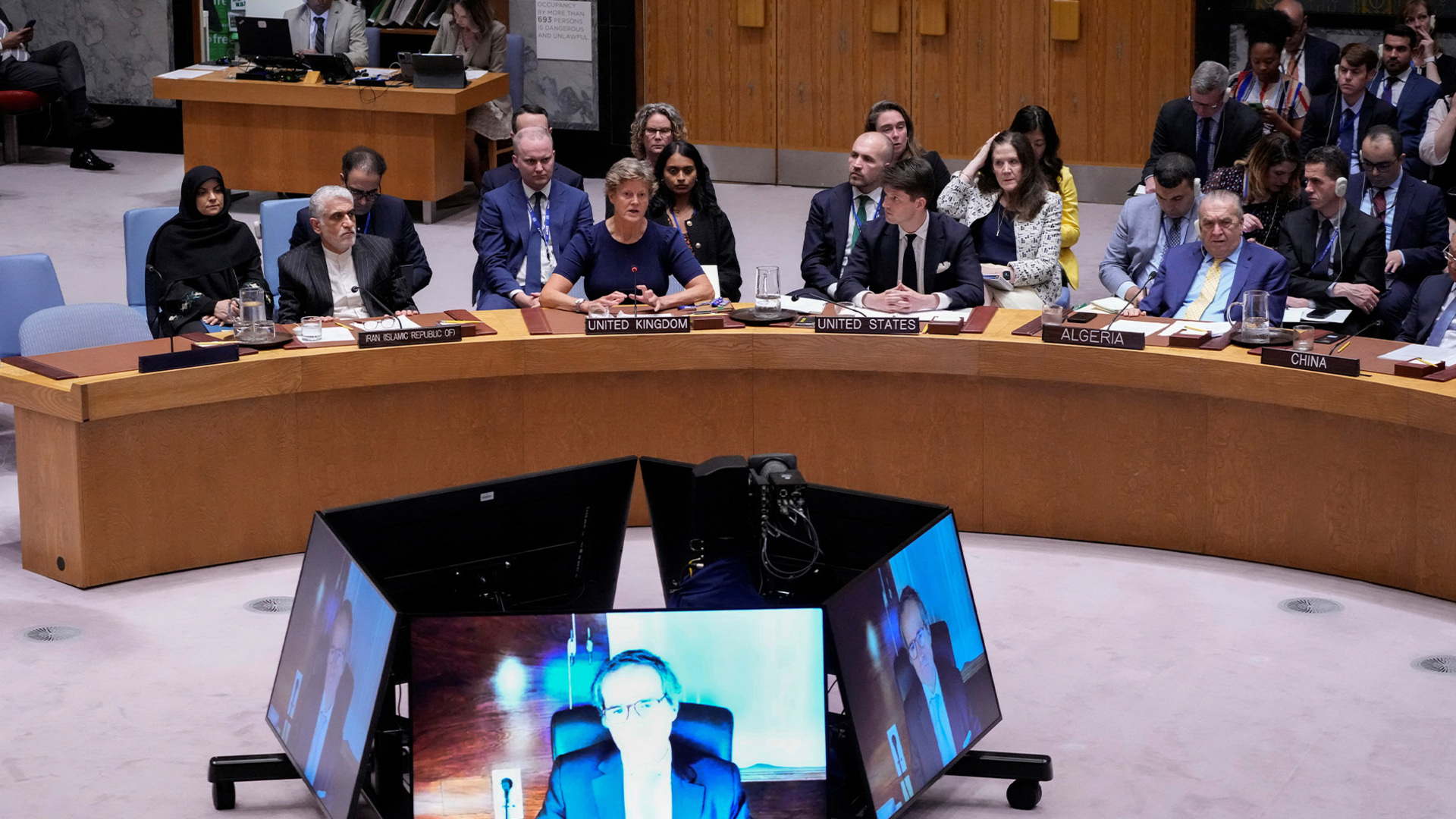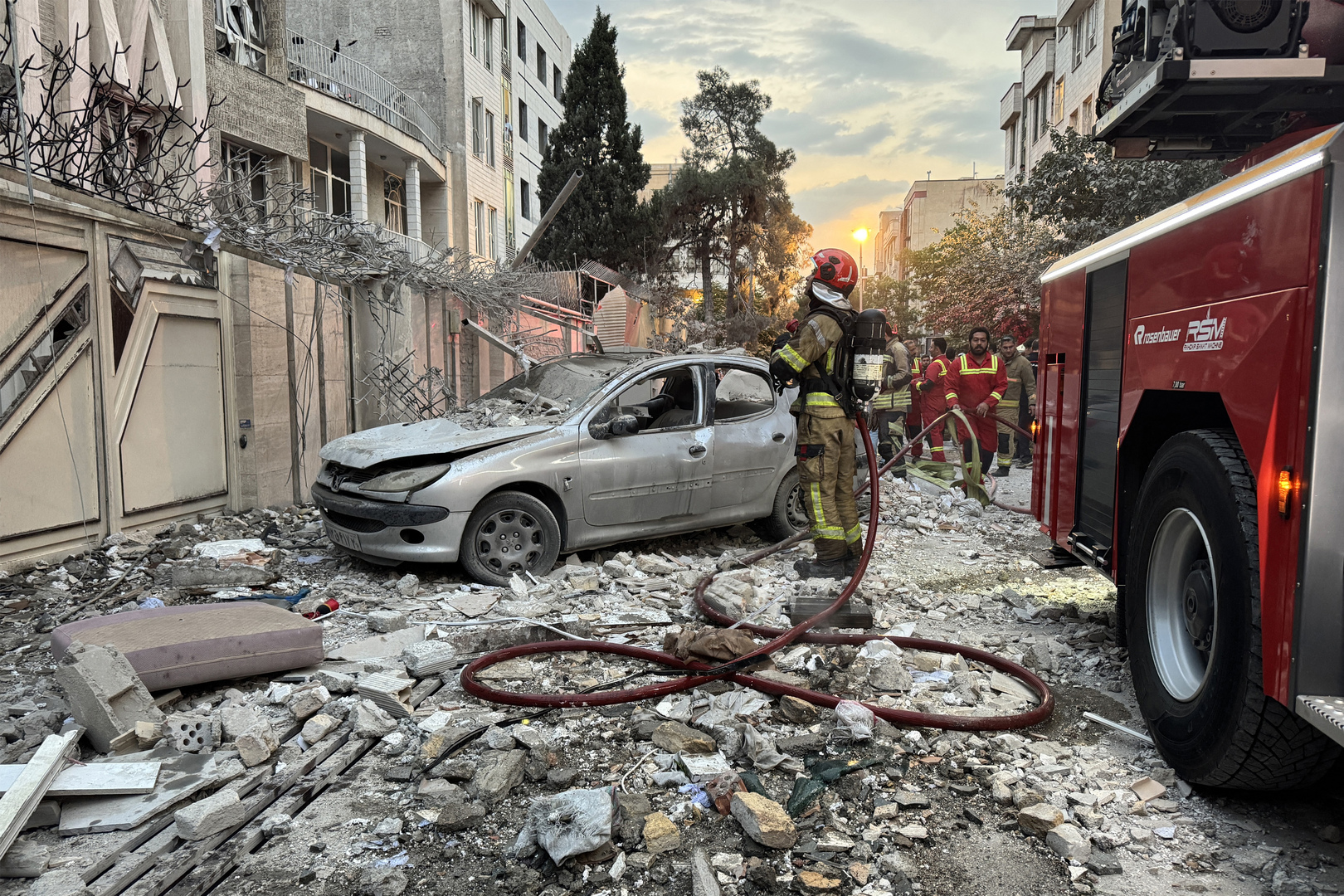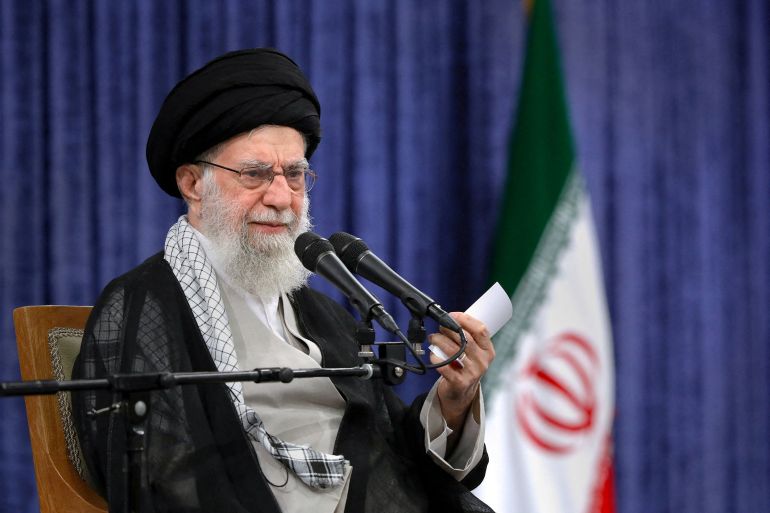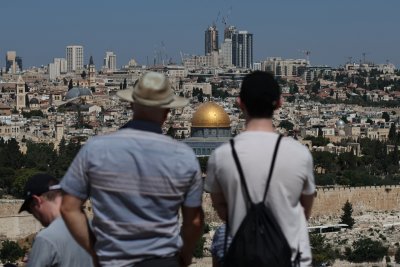Robert and John Sugden’s rivalry is getting out of control next week in Emmerdale while, in Corrie, the Weatherfield teens are forever changed by a night of partying.
Soap fans are set for another rollercoaster next week as some fan favourite characters will be left in the balance.
In Emmerdale, John Sugden (Oliver Farnworth) is determined to keep half-brother Robert (Ryan Hawley) away from his marriage with Aaron Dingle – but could he claim another life as a result?
Over in Coronation Street, Weatherfield residents are trying to move on from the shocking death of PC Craig Tinker, prompting Bernie Winter (Jane Hazlegrove) to urge Aadi Alahan (Adam Hussain) to throw a party on the cobbles. But in true Corrie fashion, the night is set to spiral.
Much like ITV viewers, BBC One regulars will face their fair share of ups and downs in EastEnders with Phil Mitchell (Steve McFadden) struggling to help Nigel Bates (Paul Bradley). But there’s more drama on the way in Neighbours, Hollyoaks and Home and Away.
READ MORE: Disney+ drops to £1.99 in rare deal Netflix and Amazon can’t beat
Emmerdale
Robert feels guilty about hurting Victoria (Isabel Hodgins) and decides to move out. John pressures Caleb (Will Ash) to end Robert’s trial employment. Caleb invents a cover story, leaving Robert disappointed – Jai (Chris Bisson) later confirms John’s interference.
After a tense confrontation with Robert, John tries to convince Victoria to report Robert for hitting her. Overhearing them, Robert is upset and seeks comfort in Aaron (Danny Miller), who rejects him.
Distraught, Robert tries to distract himself – only for John to intervene when Robert’s date drugs him. John drives off with unconscious Robert in his van, before towering over him with a syringe in hand.
Jacob (Joe-Warren Plant) mentions Sarah’s (Katie Hill) IVF to Cain (Jeff Hordley), assuming he knows and Cain is furious that Jacob is more in the loop than he is. But his angry reaction leaves him at odds with Sarah.
She later admits to Jacob that Cain’s behaviour has caused her to question herself. Jacob tries to reassure her and when she shares her fears over her mortality, he makes a bombshell proposition. Later, the seriousness of Sarah’s cancer operation becomes an unavoidable reality.
Elsewhere, Joe (Ned Porteous) hatches a plan to get revenge on Billy (Jay Kontzle) with the help of a newcomer. Belle (Eden Taylor-Draper) overhears Tracy (Amy Walsh) making preparations for Nate’s funeral and seizes the opportunity to get the Dingles an invite.
Coronation Street
At Bernie’s suggestion, Aadi throws a midsummer party. Carla (Alison King) hands Betsy (Sydney Martin) the keys to the Underworld factory, asking her to lock up. But when Brody (Ryan Mulvey), Dylan (Liam McCheyne) and Lauren (Cait Fitton) walk in, she gets distracted and forgets.
The group heads to the party but when Brody shows Dylan a bottle of LSD, telling him he intends to make some money, Dylan is concerned. Meanwhile, romance is in the air for Amy and Aadi but a misunderstanding leaves him hurt.
Later, he kicks Brody out of the party after spotting him with LSD but when Brody’s gone, Aadi splits the LSD into three cups – and the night takes a devastating turn.
High on LSD, Summer (Harriet Bibby) and Nina (Mollie Gallagher) let themselves into the darkened café. When they hear the sound of sirens, they cling on to each other, terrified.
Confused, they then try to retrace their steps for answers. But when discussing what they witnessed that night, they agree to stay quiet. Kit (Jacob Roberts) tells Bernie he’s had the DNA results through and confirms he’s Brody’s biological father. Will he keep the news to himself?
Elsewhere, Liam (Charlie Wrenshall) confides in Maria (Samia Longchambon) that Gary (Mikey North) isn’t answering his calls, after expecting him to return from his mother’s. Maria masks her concerns for Liam – but where is Gary?
EastEnders
Phil worries about Nigel when he goes out barefoot but fears grow when Phil returns home to find chaos. Danger then strikes as Nigel and Phil bicker over a pan of boiling water.
Kat (Jessie Wallace) later clocks Phil is injured and, realising something is wrong, presses him to be honest about Nigel’s condition. Realising he’s in over his head, she visits Phil and suggests he needs extra support to take care of Nigel. Meanwhile, Nigel spirals as he helps Lexi (Isabella Brown) with her homework.
Yolande (Angela Wynter) organises a party for Patrick’s (Rudolph Walker) birthday and asks Elaine (Harriet Thorpe) to host at The Vic. Elaine agrees, roping in an overwhelmed Linda (Kellie Bright). When Linda is left to hold the first alone, George (Colin Salmon) steps in to help, causing Elaine to lash out.
Later, Elaine goes big for Patrick’s party, while Denzel (Jaden Ladega) welcomes his friends at the house. After trying to bribe his way in, Joel (Max Murray) takes Denzel to The Vic, where Elaine agrees to let them have a glass of punch each. But things go awry when the teens are left unsupervised.
Elsewhere, Nicola (Laura Doddington) and Teddy (Roland Manookian) are concerned for Barney (Lewis Bridgeman) when he fails a chemistry test because of the stress. Nicola tries to cheer him up, but scathing Harry (Elijah Holloway) throws a spanner in the works.
Hollyoaks
Prince has doubts over throwing a party for Mercedes but she tells her family to continue organising it. Jez is concerned to hear Dodger has planned to meet with Tori’s former social worker.
Later, Dodger investigates what happened to Dennis. After tracking him down, Jez meets with the social worker, who drops a bombshell about Dennis.
Donny arrives on police duty and privately informs Mercedes and Myra that Bobby has escaped the secure home, suspectedly in a social worker’s car.
Neighbours
Andrew and Holly embark on a road trip in search of answers about his biological family while Wendy rushes home for a job interview at the school.
She’s thrown to learn about Holly’s involvement in Andrew’s journey for clarity. Meanwhile, Karl is in hospital, subdued and introspective, as Jane secures an interview with Darcy in prison.
Elsewhere, Max’s mother, Yvette, and sister, Saskia, pay him a visit. But he’s shocked when Yvette announces she’d like Saskia to stay in Erinsborough.
Home and Away
Justin runs into Bree and Remi, desperate to get a message to Theo. Remi agrees – as long as he helps Kirby through her songwriting. When Kirby plays him some of her songs, Justin’s feedback is limited. His apparent lack of interest sends her spiralling.
Cash is desperate for Eden to go away with him, but she has other ideas, telling Mackenzie to decline on her behalf. But Cash gets Mackenzie on his side with a bombshell. Another shock then rattles the Bay – Eden’s mum, Deb.
Like this story? For more of the latest showbiz news and gossip, follow Mirror Celebs on TikTok, Snapchat, Instagram, Twitter, Facebook, YouTube and Threads.





